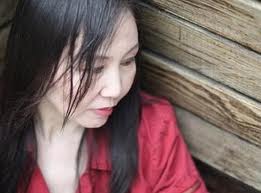PRI has published an article on the thriving contemporary Chinese poetry scene. Here’s a taste:
As in other spheres, the Internet has proven a huge democratizing force in the world of Chinese poetry, leveling the playing field for migrant workers and millionaires alike. But love of verse was already there. Chinese poetry has 2,000 years of tradition at its back. Parents read it to their babies. Kids study it in school. But the thing is, most Chinese believe poetry peaked in the Tang Dynasty. That ended more than 1100 years ago. So for today’s poets, their chosen art form’s exalted status can feel like a double-edged sword.
The article quotes Heather Inwood, Huang Yibing 黄亦兵 (Mai Mang 麦芒), Mindy Zhang 明迪, and Jonathan Stalling. Click here for the full article.


